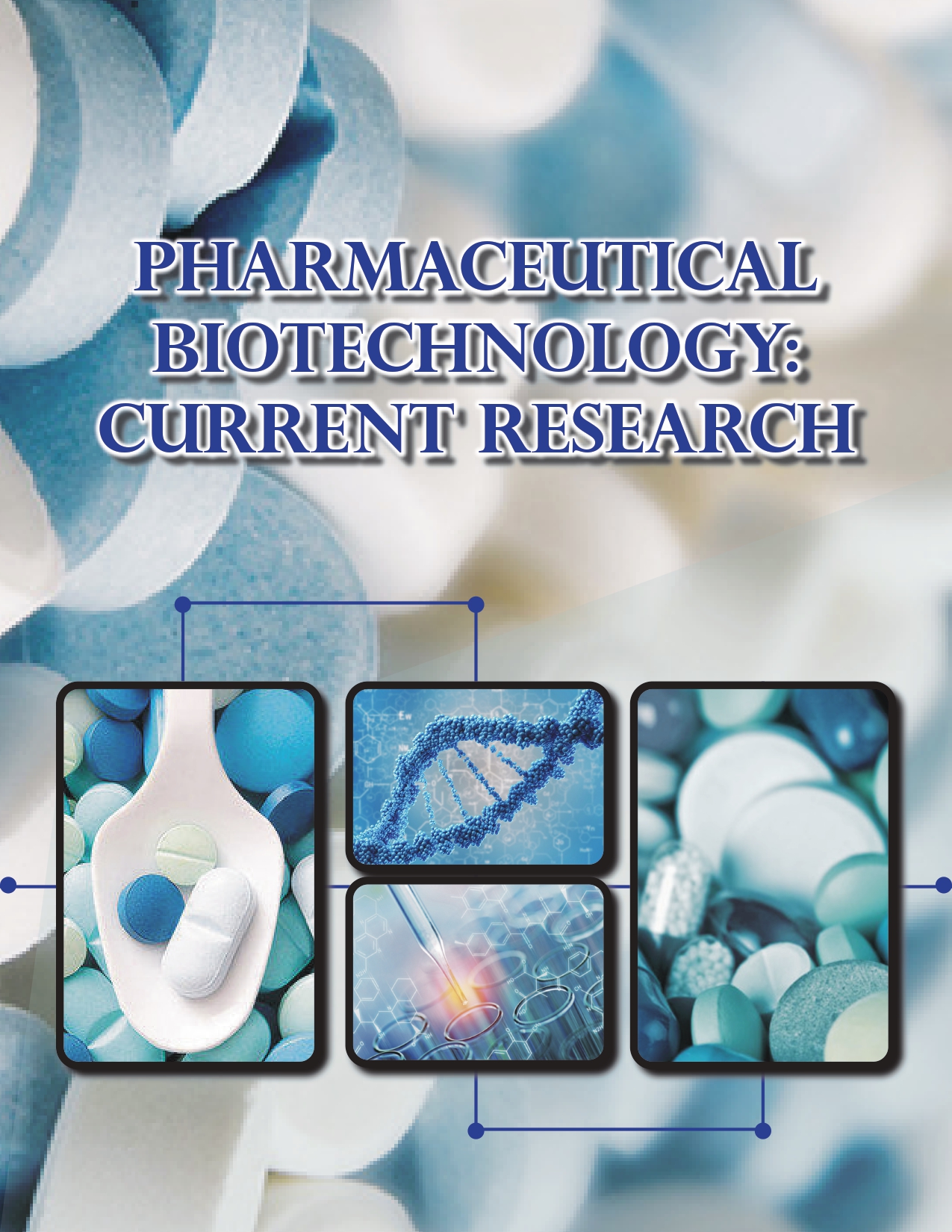Targeted delivery of therapeutic RNAs using antibody conjugated extracellular vesicles
Abstract
RNA-based therapeutics have become one of the most promising new classes of medicine in recent years. However, the delivery of RNA drugs is still challenging. We have shown that red blood cell extracellular vesicles (RBCEVs) are the ideal carriers for therapeutic RNAs because RNAs can be loaded readily into the EVs and delivered to cancer cells at high efficiency (Usman et al, Nature Communications, 2018). RBCEVs are nontoxic, nonimmunogenic and devoid of DNA hence there is no risk of horizontal gene transfer. RBCEVs can be produced in a large quantity from donated blood. Moreover, RBCEVs can undergo many cycles of freezing and thawing without affecting their integrity and efficacy, suggesting that they can be developed into stable pharmaceutical products. Here, we describe new modifications to the RBCEV platform to establish targeted delivery to specific tumor types. RBCEVs are covalently conjugated with peptides or nanobodies targeting EGFR, facilitating accumulation of RBCEVs in EGFR-positive cancer cells including lung cancer and breast cancer. EGFR-targeting RBCEVs deliver therapeutic molecules including siRNAs, ASOs and mRNAs specifically to tumor cells for cancer treatments with increased efficacy and reduced side effects. We also use RBCEVs coated with CXCR4-targeting peptide or CD33-targeting monoclonal antibodies to deliver therapeutic peptides and ASOs to leukemia cells specifically. Hence, the targeted RBCEVs platform can be customized for different cancer types to enhance the specificity and efficiency of RNA therapy.
Open Access Journals
- Aquaculture & Veterinary Science
- Chemistry & Chemical Sciences
- Clinical Sciences
- Engineering
- General Science
- Genetics & Molecular Biology
- Health Care & Nursing
- Immunology & Microbiology
- Materials Science
- Mathematics & Physics
- Medical Sciences
- Neurology & Psychiatry
- Oncology & Cancer Science
- Pharmaceutical Sciences
